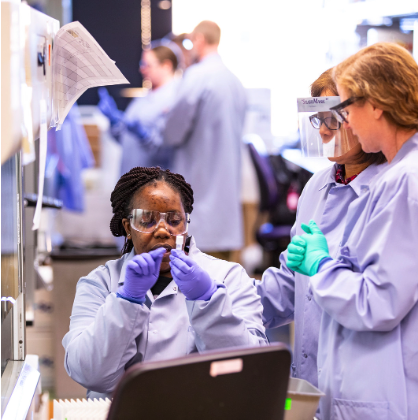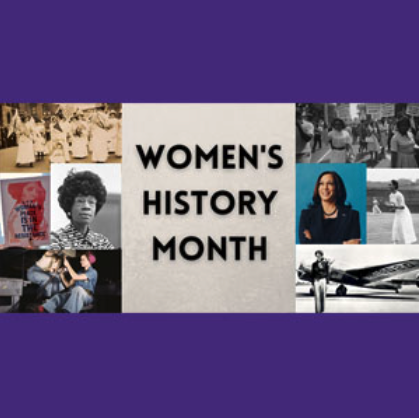
François Baneyx
Vice Provost for Innovation and Director of CoMotion
Other titles
- Charles W.H. Matthaei Professor of Chemical Engineering
- Director of the Center for the Science of Synthesis Across Scales, University of Washington
Invite the Vice Provost
Want the vice provost to attend your event?
Background
François Baneyx has served as the University of Washington Vice Provost for Innovation and Director of CoMotion since 2019. The Charles W.H. Matthaei Professor of Chemical Engineering and an adjunct professor of Bioengineering, Dr. Baneyx is an internationally recognized authority on protein production technologies and the biological fabrication of advanced materials with applications in medicine, sensing, opto-electronics, and catalysis. For his contributions to these fields, he was elected to the American Association for the Advancement of Science (2013), the American Institute of Medical and Biological Engineering (2015), the American Academy of Microbiology (2015), and the Washington State Academy of Sciences (2016).
As Vice Provost for Innovation, Dr. Baneyx drives and coordinates innovation activities, builds connections with the economic development community, and engages with industry, government, nonprofits, and the regional and global innovation ecosystems to shape the university’s innovation strategies. He directs CoMotion, overseeing intellectual property protection and licensing, training of a diverse entrepreneurial workforce, and funding and mentorship programs that support the creation, incubation, and launch of startups.
Dr. Baneyx also directs the Center for the Science of Synthesis Across Scales, a multi-institution Energy Frontier Research Center funded by the U.S. Department of Energy. He previously served in various leadership positions, including site director of the National Nanotechnology Infrastructure Network (2004-2012), director of the Center for Nanotechnology (2005-2013), and most recently, chair of the Department of Chemical Engineering (2014-2019). He is the co-founder of Proteios, a University of Washington spinoff dedicated to reducing the cost and complexity of protein and therapeutic cell purification.
Dr. Baneyx earned a doctoral degree in chemical engineering from the University of Texas at Austin. He was a postdoctoral researcher at DuPont before joining the University of Washington faculty in 1992.
Commitments
The Innovation Roundtable aims to enhance the effectiveness of UW technology transfer, strengthen an already thriving innovation ecosystem, promote startup creation and growth, and support the establishment and sustainability of public-private partnerships that amplify the economic and societal impact of UW discoveries. Members of the Innovation Roundtable include prominent venture capitalists, angel investors, philanthropists, and innovation leaders. They serve as ambassadors, connectors, and advocates who help advance UW’s innovation initiatives.
Dr. Baneyx stays ahead of the curve by seeking quality advice, connecting with experts and policymakers, and gathering input from a diverse range of stakeholders. He leads initiatives to position UW researchers and entrepreneurs for success as new projects are launched by nonprofits, industry, and state and federal agencies. He collaborates with the UW External Affairs team and partners across Washington state and beyond to shape policy and support initiatives that promote economic prosperity. Dr. Baneyx hosts delegations from across the U.S. and around the world, fostering relationships and learning from various approaches to creating a resilient innovation economy.
Dr. Baneyx is committed to helping all UW researchers make an impact through the commercialization of their discoveries. With firsthand experience of how the U.S. education, research, and entrepreneurial sectors can create remarkable opportunities, he actively seeks ways to offer similar opportunities to anyone aspiring to become an entrepreneur. Since many of the most creative innovations arise when teams combine diverse backgrounds and perspectives, and when pathways to entrepreneurial success are open to everyone, it is essential for our region and nation to foster innovation driven by diverse talent.
Messages from the Vice Provost
UW Innovation Journeys interviews
Watch François interview founders of successful UW startups that have launched with the help of CoMotion.
In the news
- Seattle innovation hub will help get climate tech off the ground (1/19/25)
- Seattle creates downtown climate innovation hub to bolster clean energy sector (1/15/25)
- Silicon Valley innovation group Plug and play plants flag in Seattle region with new startup programs (11/19/24)
- Inside CoMotion’s new HQ: UW’s innovation program plants its roots in an innovation hub (5/3/24)
- Univ. of Washington selected for new federally funded Northwest innovation training hub (10/20/24)
- University of Washington’s CoMotion innovation center relocating down the road near Startup Hall (10/18/23)
- Washington Research Foundation gives $1.2M to help UW, WSU researchers commercialize their tech (9/13/23)
- Biotech in 2022: Industry leaders and investors on trends and challenges to watch (1/5/22)
- New accelerator in Seattle: Creative Destruction Lab to launch ‘deep tech’ startup hub with Microsoft, UW (5/20/21)
- François Baneyx named UW Vice Provost for Innovation at inaugural meeting of UW Innovation Roundtable (1/28/20)
- Q&A: Meet Francois Baneyx (9/27/19)
- Francois Baneyx named director of UW’s CoMotion and Interim Vice Provost for Innovation (7/18/19)
- UW, PNNL to host energy research center focusing on bio-inspired design and assembly (8/3/18)












